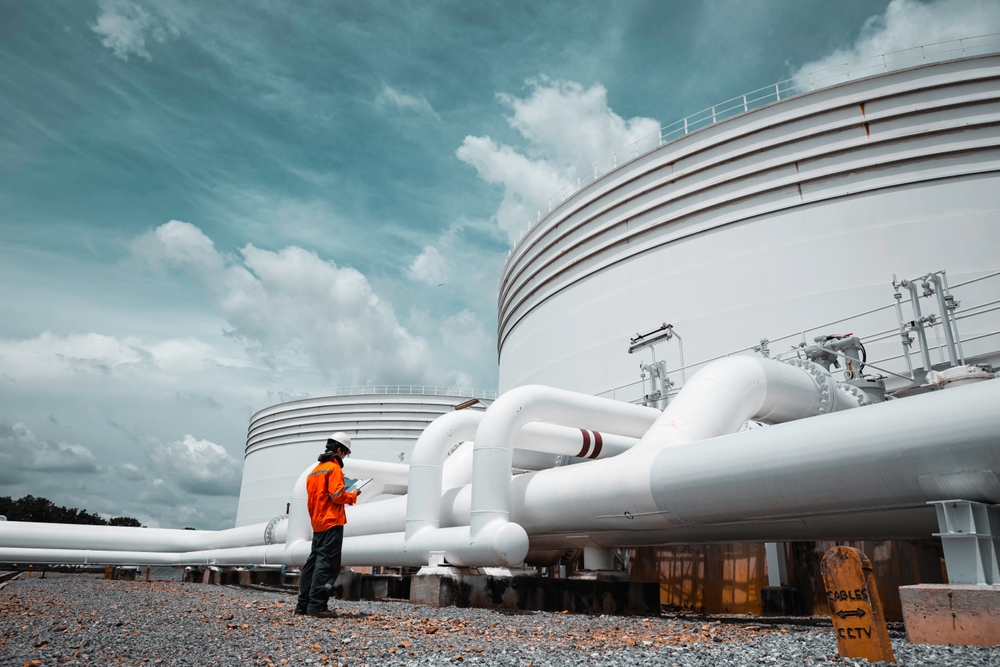

This course aims at familiarising non-technical personnel with terminologies and processes of refinery and petrochemical industries with emphasis on concepts such as refining and production processes and industry language. Participants will acquire basic knowledge of the refining and the petrochemical industries which will enable them to perform better in company operational, safety and business activities related to these industries.
| City | Start Date | End Date | Fees | Register | Enquire | Download |
|---|---|---|---|---|---|---|
| Sharm El Sheikh | 30-06-2025 | 04-07-2025 | 3950 $ | Register | Enquire | |
| London | 07-07-2025 | 11-07-2025 | 6200 $ | Register | Enquire | |
| Kuala Lumpur | 14-07-2025 | 18-07-2025 | 4950 $ | Register | Enquire | |
| Dubai | 28-07-2025 | 01-08-2025 | 4300 $ | Register | Enquire | |
| Vienna | 04-08-2025 | 08-08-2025 | 6200 $ | Register | Enquire | |
| London | 11-08-2025 | 15-08-2025 | 6200 $ | Register | Enquire | |
| Casablanca | 18-08-2025 | 22-08-2025 | 4950 $ | Register | Enquire | |
| Madrid | 25-08-2025 | 29-08-2025 | 6200 $ | Register | Enquire | |
| Dubai | 01-09-2025 | 05-09-2025 | 4300 $ | Register | Enquire | |
| Madrid | 08-09-2025 | 12-09-2025 | 6200 $ | Register | Enquire | |
| Kuala Lumpur | 06-10-2025 | 10-10-2025 | 4950 $ | Register | Enquire | |
| London | 13-10-2025 | 17-10-2025 | 6200 $ | Register | Enquire | |
| Casablanca | 20-10-2025 | 24-10-2025 | 4950 $ | Register | Enquire | |
| Cape Town | 03-11-2025 | 07-11-2025 | 5600 $ | Register | Enquire | |
| Kuala Lumpur | 17-11-2025 | 21-11-2025 | 4950 $ | Register | Enquire | |
| Amsterdam | 24-11-2025 | 28-11-2025 | 6200 $ | Register | Enquire | |
| Cape Town | 01-12-2025 | 05-12-2025 | 5600 $ | Register | Enquire | |
| Amsterdam | 08-12-2025 | 12-12-2025 | 6200 $ | Register | Enquire | |
| Prague | 15-12-2025 | 19-12-2025 | 6200 $ | Register | Enquire | |
| Casablanca | 22-12-2025 | 26-12-2025 | 4950 $ | Register | Enquire | |
| Zurich | 29-12-2025 | 02-01-2026 | 5600 $ | Register | Enquire |
The aim of this course is to offer enlightenment to its students about petroleum as a commodity, starting from its historical relevance, moving on to its exploration, production, refining, and the making of its byproducts. It presents the technology and production processes of the oil industry in a straightforward way so that non-specialized experts in petroleum refinement and petrochemicals can appreciate its contents. Participants will be oriented in chemical processes, plant processes, apparatus, and the economics of the industry.
At the end of this course, participants will be able to:
Unit 1: Origin and Nature of Petroleum:
Unit 2: Overview of Refining:
Unit 3: Refinery Process Operations:
Unit 4: Petrochemicals I – Production and Uses:
Unit 5: Petrochemicals II - Production and Uses:

.jpg)
.jpg)
.jpg)















